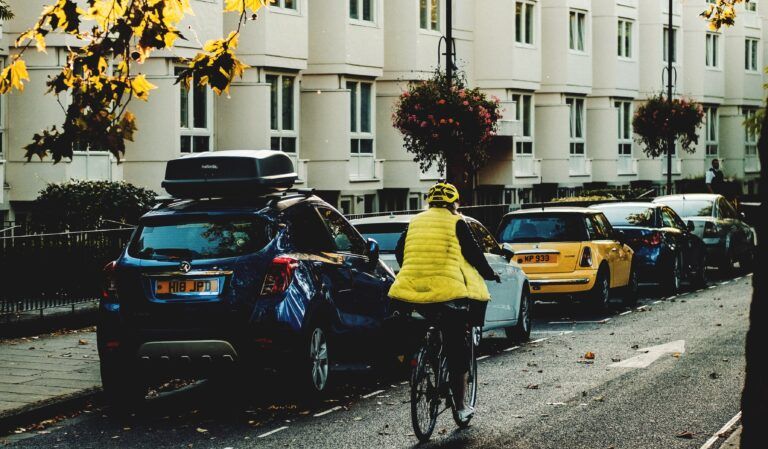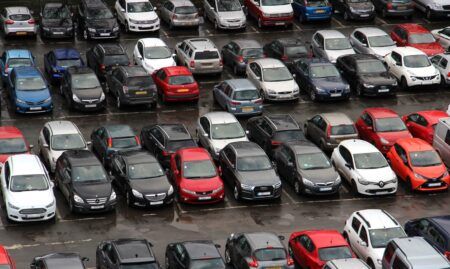The market value of London’s residential parking bays is as much as 10 times the annual cost of a permit and more strategic management would increase fairness, claims a think tank.
A report published by the Centre for London also calls on councils – particularly given their public climate change concerns – to promote alternatives to car ownership and reallocate parking spaces for other greener mobility modes of transport.
Findings from Reclaim the kerb: The future of parking and kerbside management in London, found that while inner city resident permit costs between £51-230, the average cost of operating the parking space stands at £336, with similar disparities seen in the outer London boroughs.
Senior researcher at the think tank, Joe Wills, said, “There will continue to be a place for for private cars in the short and medium term, but what we need now is action.
“The time is right to rethink the way councils approach parking and reclaim the kerb, accelerating London towards the greener, safer, healthier city that will benefit us all.”
Furthermore, the report considers the under-pricing of the bays can also incentivise car use and ownership, when travelling on foot, by bike or public transport were viable alternatives. While just over half of Londoners (56%) own a car, equating to a 4% fall in a decade, the proportion of trips made by the alternative means mentioned remained static over that same 10 year period.
With more than half of London councils acknowledging road transport’s significant contribution to the city’s emissions and climate change concerns, the think tank believes a rethink of how parking is managed should be considered to shift towards more sustainable forms of transport.
The recommendations made by the Centre for London include: setting residential permit charges at a level meeting operating costs; regularly reviewing the coverage and size of controlled parking zones; and moving towards an emissions-based charging structure for permits.
Head of technology, innovation and research at the British Parking Association, Julian O’Kelly, said, “There is an urgent need to transform the way we travel and the energy we use.
“We encourage the wider adoption and smarter use of technology to manage the kerbside more effectively and we want to ensure our members have the tools they need to work with communities to deliver solutions.”
Photo credit: Nikolay Dimitrov





